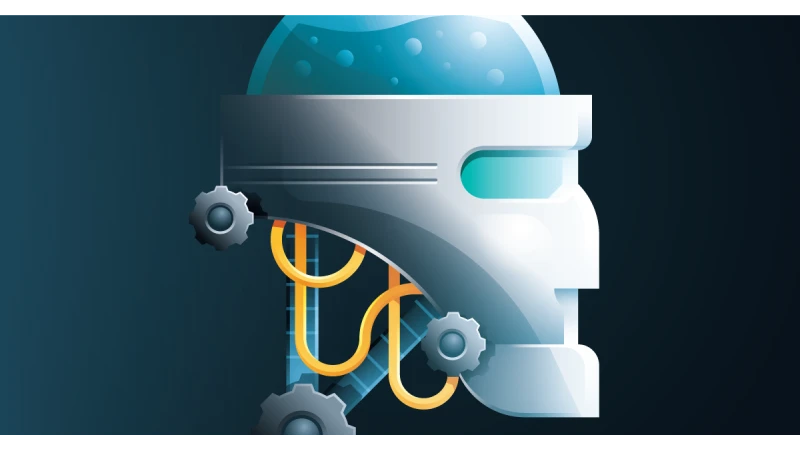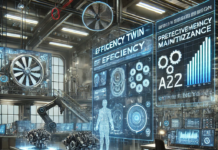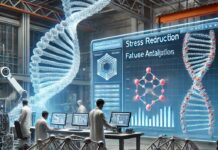The rapid growth in artificial intelligence (AI) has captured global attention, with the market predicted to increase twenty times by 2030. AI has become an integral part of the world wide technology landscape, with significant increases in research, newly funded startups, and private investments. Businesses across countries such as China, Canada, the U.K., Australia, and the U.S. are exploring and using AI, and 60% of people expect artificial intelligence to significantly impact their lives within the next three to five years in areas like education, transportation, shopping, entertainment, and safety.
Artificial intelligence applications like ChatGPT have experienced remarkable growth, reaching one hundred million monthly active users in January 2023. Despite these advancements, AI incidents and controversies have increased 26-fold since 2012, debunking the myth of ‘human-free’ artificial intelligence. AI cannot make flawless decisions without human intervention and may even make costly mistakes, as demonstrated by incidents involving Amazon’s AI recruiting tool, Rekognition, and AI soccer cameras.
Today’s AI struggles with tasks such as narrowing research focus, setting exploration prompts, exerting judgment, determining vital data, and explaining conclusions. Artificial Intelligence also lacks human soft skills like creativity, empathy, and teamwork. Although some AI applications, like ChatGPT, can pass the Turing Test, no platform has passed the Lovelace Test. This has led major world leaders and technology experts to call for more cautious AI development.
Sam Altman, CEO of OpenAI, envisions artificial intelligence as a co-pilot, amplifying humanity’s power, creativity, and will. Fei-Fei Li, Sequoia Capital Professor of Computer Science at Stanford University, highlights that AI is made by humans, for humans, and impacts human lives and society. AI’s potential can be unlocked by harnessing the human element, with abilities such as multitasking, discernment, moral decision-making, empathy, and creativity.
The primary attributes artificial intelligence needs from humans are creativity and adaptability, which involves directing AI through curation. This requires asking essential questions about focus, curation, and criteria. The 2009 Google ReCAPTCHA project exemplifies successful collaboration between human intelligence and AI, where humans helped digitize Google’s back catalog of books by identifying words that OCR technology struggled to understand.
In conclusion, unlocking AI’s potential starts with human interaction and the development of human-centric commands. By leveraging the power of artificial intelligence with human intelligence, we can accomplish significant tasks in a short time, boost AI capabilities, and pave the way for the advancement of artificial general intelligence. Understanding our role in AI curation can help everyone make better use of artificial intelligence, shaping a brighter future with the synergy of human and machine minds.


Source: Academic Influence








